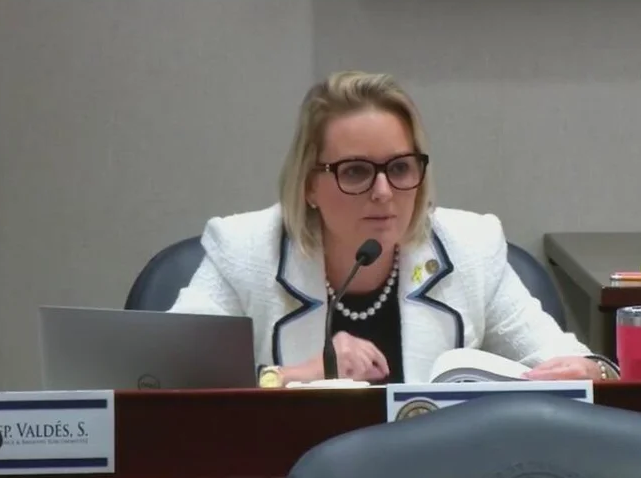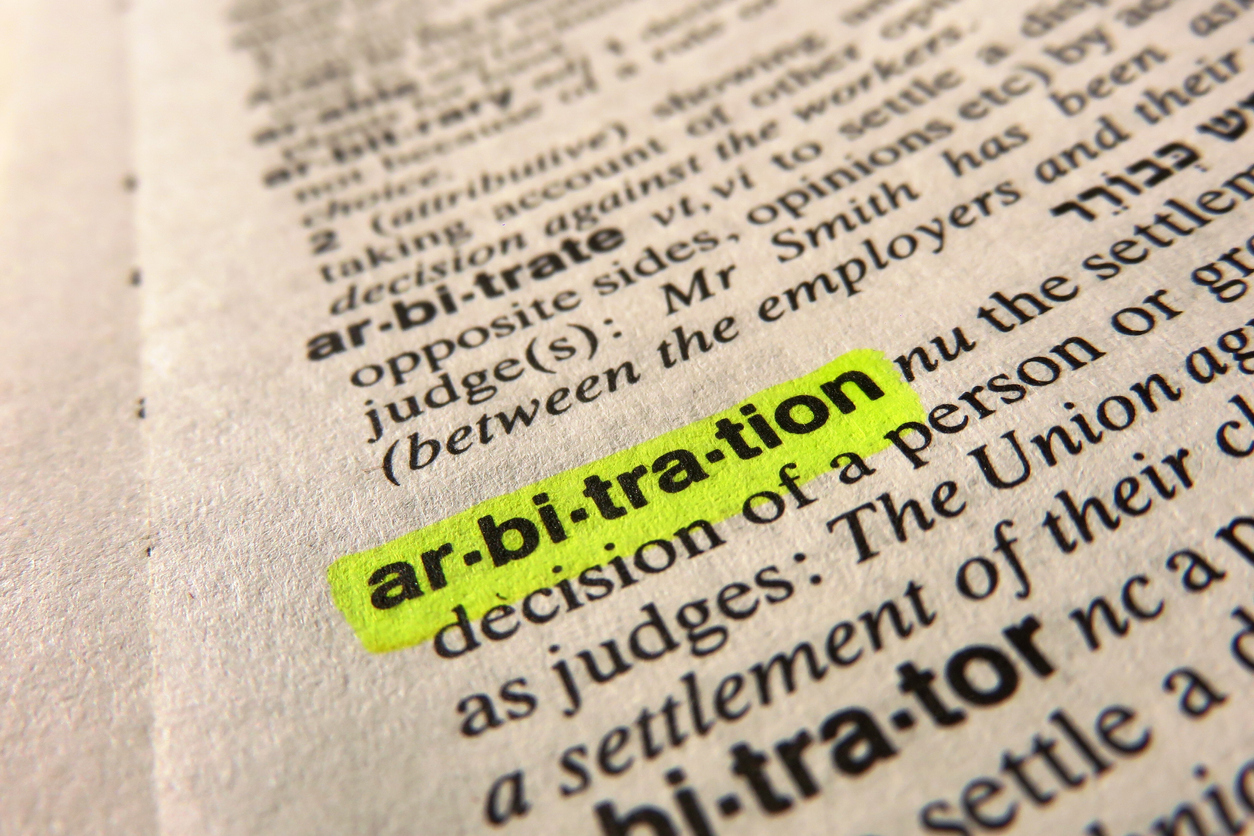Pursuant to section 624.155(3)(a) of the Florida Statutes, an insured has a right to file a bad-faith cause of action if his or her carrier violates enumerated statutory provisions.1 Before filing such an action, however, the insured must meet three requirements:
1 There must be a determination of the insurer’s liability for coverage.
2 There must be a determination of the extent of the insured’s damages.
3 The insured must provide notice to the carrier by filing a Civil Remedy Notice (“CRN”) with Florida’s Department of Financial Services.2
Before the determination of liability and coverage, can an insured file a CRN?
An opinion by Florida’s Fifth District Court of Appeal (“Fifth DCA”) offers guidance on this issue.3 In Landers, an insured sustained sinkhole damage at his property. While both parties agreed that the property had sinkhole activity, they disagreed on what was necessary to fix damages. Despite the disagreement, the insured agreed to fix the property as the carrier had determined. Once the repairs were complete, the carrier then requested that the parties go to appraisal to determine the value of the cosmetic damages at the property. However, because the property remained damaged even after the repairs were made, the insured filed a CRN and alleged, among other things, that the carrier failed to promptly and properly investigate the claim and adjust for the loss.
The insured then filed a breach of contract action and the carrier demanded appraisal. In the underlying breach of contract action, the appraisal panel awarded the insured full policy limits to fix the property and, one month later, the carrier paid that amount. The insured then brought a bad-faith cause of action under section 624.155(3)(a) of the Florida Statutes. The carrier filed a Motion for Summary Judgment arguing that the CRN was not effective until all the contractual preconditions to suit were met and there had been a final determination of coverage of the amount owed. The trial court awarded summary judgment and an appeal followed.
In its opinion, the Fifth DCA found that preventing an insured from filing a CRN before coverage and liability had been conclusively established would frustrate the statute’s purpose and further delay the time necessary to assess and pay out claims.4 Ultimately, the Fifth DCA reversed summary judgment and held that the insured was not prevented from filing a CRN while the appraisal process was ongoing.
_________________________________
1 These statutory provisions protect against improper behavior on behalf of a carrier: including, but not limited to, failing to act good faith to settle claims when, under all the circumstances, it could and should have done so. Fla. Stat. § 624.155(3)(b)(1).
2 In 2019, the Florida Legislature modified section 624.155 of the Florida Statutes. Under the change, a party may not file a Civil Remedy Notice within 60 days after appraisal is invoked by either party in a residential property insurance claim.
3 Landers v. State Farm Fla. Ins. Co., 234 So. 3d 856 (Fla. App. 2018) .
4 Landers, 234 So.3d at 859 (citing section 624.155(3)(a) of the Florida Statutes and Vest v. Travelers Insurance Co., 753 So.2d 1270, 1272 (Fla. 2000)).




